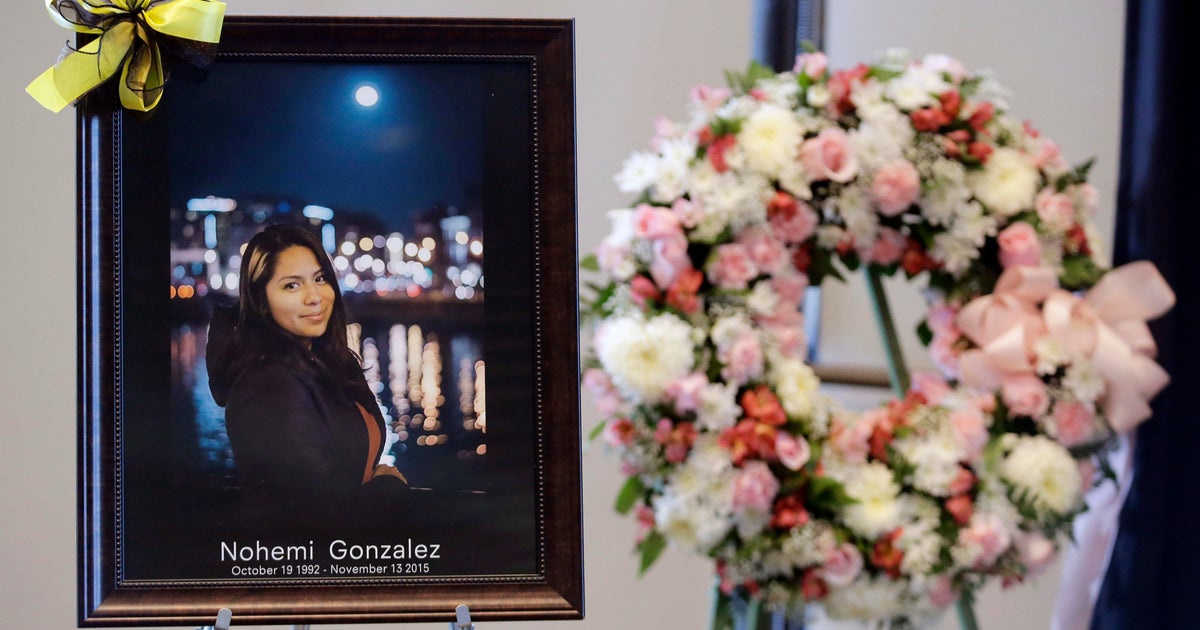The Supreme Court announced Monday that it will hear two cases to hold social media companies financially responsible for terrorist attacks. Relatives of people killed in terrorist attacks in France and Turkey have sued Google, Twitter and Facebook, accusing the companies of helping terrorists spread their message and radicalize recruits.
The court will hear the cases this term, which began Monday, and a decision is expected before the court recesses for the summer, usually in late June. The court has not said when it will hear arguments, but the court has already filled its argument calendar for October and November.
One of the cases that the judges will consider concerns Nohemy Gonzalez, a 23-year-old US citizen studying in Paris. A Cal State Long Beach student was one of 130 people killed in the November 2015 ISIS attacks. The attackers attacked cafes, the French national stadium and the Bataclan theater. Gonzalez died in the attack at La Belle Equipe bistro.
Her friend, Cal State student Niran Jayasiri, may have been the last to see Gonzalez alive, standing next to her in a coffee shop when the terrorist opened fire.
“At first I thought it was firecrackers because it sounded like firecrackers,” Jayasiri told CBS News in 2015. “When I looked in the direction the noise was coming from, I saw a gunman just walking down the sidewalk shooting everybody.”
Relatives of Gonzalez sued Google, which owns YouTube, saying the platform aided the Islamic State of Iraq and Syria, or ISIS, by allowing it to post hundreds of videos that helped incite violence and recruit potential supporters. Relatives of Gonzalez said the company’s computer algorithms recommended the videos to viewers most likely to be interested in them.
But a judge dismissed the case, and a federal appeals court upheld the ruling. Under US law — specifically Section 230 of the Communications Decency Act — Internet companies are generally exempt from liability for material that users post on their networks.
Another case the court agreed to hear concerns Jordanian citizen Nawras Alassaf. He died in the 2017 Reina nightclub attack in Istanbul, where an ISIS-linked gunman killed 39 people.
Alasaf’s relatives have sued Twitter, Google and Facebook for aiding and abetting terrorism, alleging that the platforms aided the development of ISIS and did not go far enough in trying to stop terrorist activity on their platforms. The lower court granted the case.
https://www.cbsnews.com/news/supreme-court-social-media-terrorism-lawsuits-nohemi-gonzalez-nawras-alassaf/




